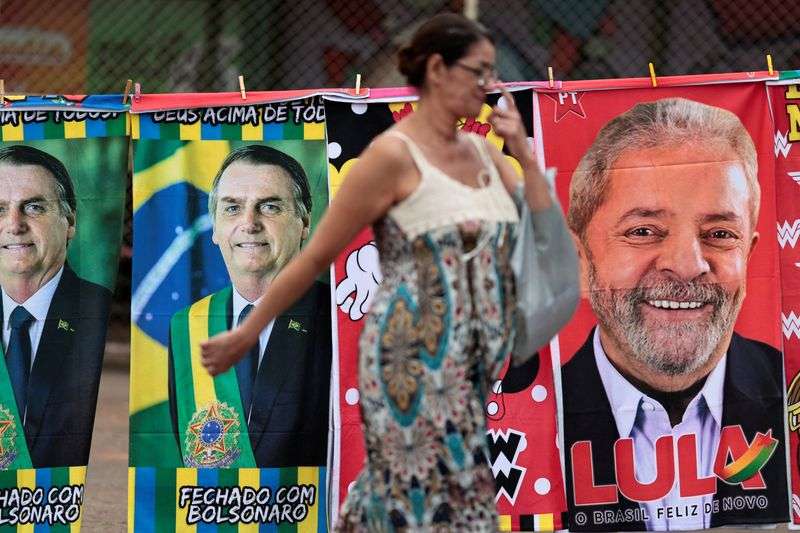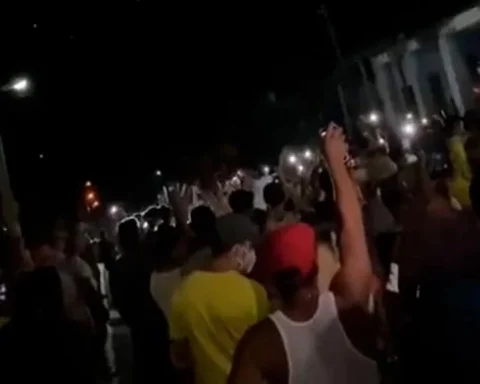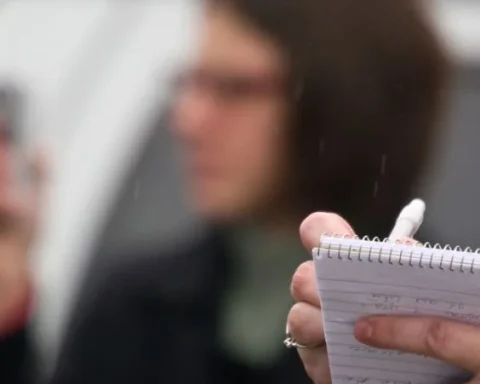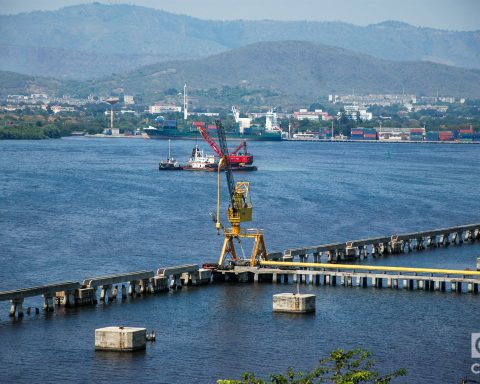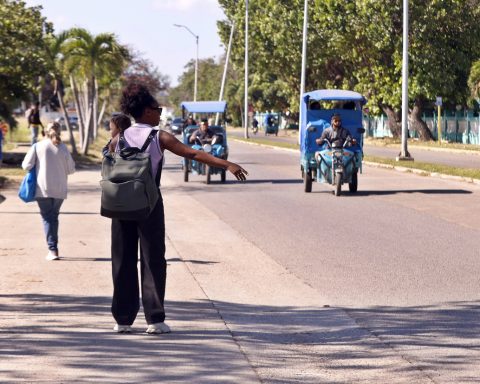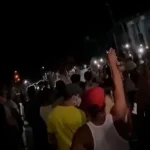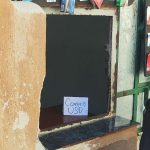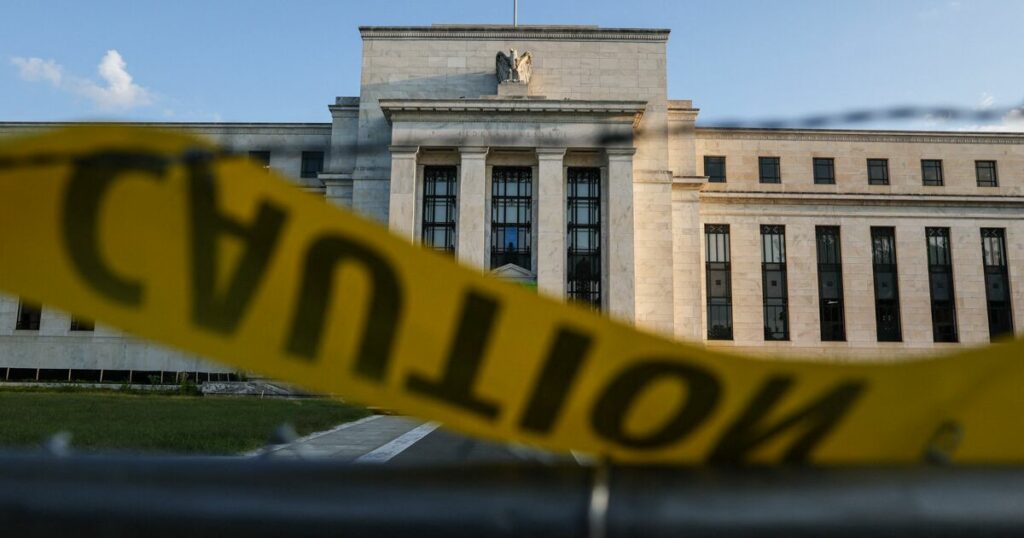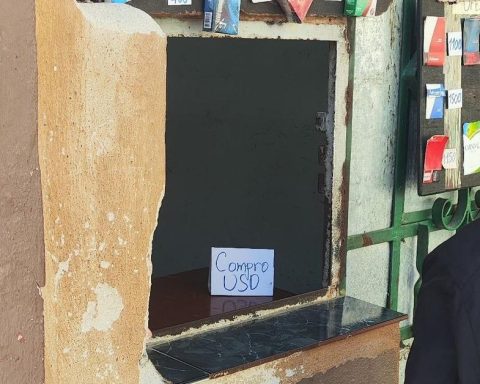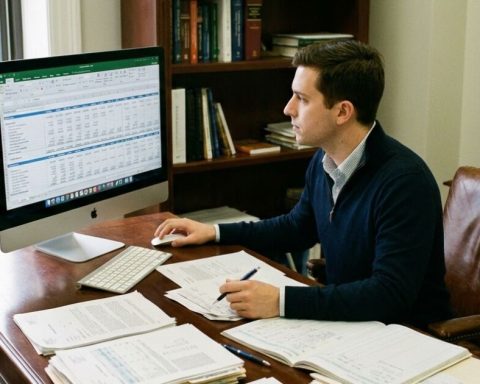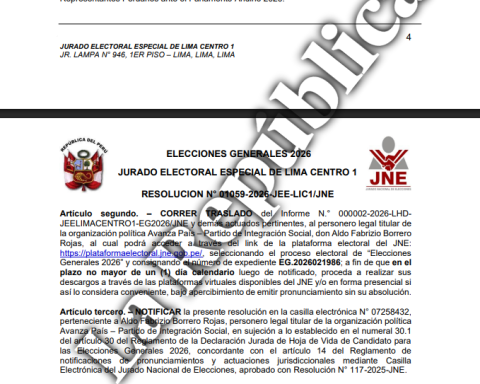Last Sunday, October 2, Brazil celebrated the presidential election of 2022.1 On the way to the first round, there was no lack of brushstrokes of violence between political supporters and the permanent threat of the current president Jair Bolsonaro of not recognizing the legitimacy of the result in case it did not favor it. However, despite the apocalyptic verbiage of the empowered extreme right, the transparency and professionalism with which the electoral authorities led the elections are unobjectionable. And this, in my opinion, was the first victory of the process: having managed to be solid enough not to allow gaps in a latent fascistic opposition that was raised like a sword of Damocles.
The vote numbers were not enough for any of the main political forces, led by the former president Luiz Inacio Lula da Silva and the reelected Jair Messias Bolsonaro, will take the run in their first start. The first, a candidate for the Workers’ Party (PT), who at the height of 2018 was guilty of a process of lawfare and prevented from being a candidate, he now returns acquitted of convictions and with more than 57 million votes that earned him for 48.43% of the colleges. Representing the Liberal Party (PL) Jair, the “unspeakable” or the “myth”, depending on the side that qualifies him, obtained 43.20% of the valid votes, leaving six million below his archenemy.
The most fervent enthusiasts of one political pole or another invoked a “decision in the first turn”, the voters (and also those absent from the vote)two They had the last word. Several surveys of voting intention gave Lula the winner in the first round, with 51%, while Bolsonaro had to settle for 38%, according to projections. The margin of error favored Jair and the PL, who elected one of the largest benches of deputies in the federal and state chambers, as well as various allied senators and governors.
Lula, who never won in the first round and who, however, on this occasion was crowned the Brazilian presidential candidate with the most votes in a first round, has already stated that going to the second round is an opportunity to articulate and strengthen alliances, as well how to better explain to the people the scope of his government program. Bolsonaro, although he classified the results of his party as a “miracle” and will go to the second round, is already looking for culprits of current or future setbacks in the electoral research institutes, once again promoting denialism among his followers. He did not have hair either, but he did have a lot of poison, on his tongue to describe Lula’s comfortable victory in the Northeast region of the country as a “show of illiteracy and lack of culture” according to him promoted in the governments petistas.
And it is that, even when the strength of the political-ideological capital of Bolsonarism is clearly shown, the candidate of the Brazilian extreme right has reasons to worry. For years, the media, political, and symbolic machinery was vicious with Lula and the Workers’ Party, which led to the impeachment Dilma Rousseff in 2016, as well as Lula’s departure from the electoral game and his imprisonment in 2018; All this culminated in the triumph of Bolsonaro with its sequel of excesses. Insist on the corruption of officials petistas and calling Lula a former prisoner was one of Bolsonaro’s preferred strategies in the electoral debates. However, his case became the first time that an incumbent president in Brazil has run for re-election and goes to the second round with fewer numbers than his opponent.
A brief comparative passage shows us that, on this electoral occasion, Bolsonaro obtained two million more votes than in the first round of 2018. In contrast, the candidate for the PT now reaches almost 26 million more votes than in the previous election. . Undoubtedly, the return of Lula at the head of a broad front of pro-democracy and pluralist parties and organizations makes the fascist and neoliberal nucleus of the Brazilian extreme right lose sleep. There is a lot at stake, not a few analysts and leaders consider the current political situation of the South American giant as a challenge between “civilization and barbarism”.
Immediately after the official results were reported, the moves began to take place on the political chess board. Taking advantage of the power of the government machinery, Jair Bolsonaro increases liquefied gas aid and economic stipends to poor families, especially in the regions that most denied him the vote. On the other hand, he received the public support of the re-elected governors of Minas Gerais and Rio de Janeiro, as well as that of the São Paulo candidate who passed the second round leading the polls, Tarcísio de Freitas. These three states, together with Espiritu Santo, make up the Southeast region of the country, the most economically developed and at the same time home to the largest number of voters.
For its part, Lula’s campaign is trying to break through in the interior of São Paulo, where support was low, as well as widen its margin in Minas Gerais. Vital is the declaration of support for Lula of the presidential candidate Simone Tebet, of the Brazilian Democratic Movement (MDB), third on the list, with almost five million votes. Also, Ciro Gomes, from the leftist Democratic Workers’ Party (PDT), fourth in position, with 3.5 million votes, former Lulista minister and now a staunch critic of Lula and the PT, has now accepted his party’s decision to support Lula. This without explicitly mentioning Lula’s name and pointing out that he was doing it as a “last exit” and for democracy. In addition, Fernando Henrique Cardoso, a “heavyweight” of Brazilian politics, has published a tweet expressing the vote in Lula.
In this second round I vote for a history of struggle for democracy and social inclusion.
Vote in Luiz Inácio Lula da Silva. pic.twitter.com/xgs6citdJv— Fernando Henrique Cardoso (@FHC) October 5, 2022
There are criticisms of the PT and Lula on the table, since a concrete government program has not yet been disclosed in the event of winning the elections. Nor is it clear how a future public administration is going to deal with the issue of corruption, which continues to be an essential aspect in the recent political imaginary, very well used by the anti-PT and anti-Lulista ideological propaganda of Bolsonarism. In any case, the vote in the second round will be decided in the center: the candidate who best makes alliances in that political spectrum will have an advantage. Nothing is decided and to have illusions in Brazilian politics is to play riddles, much more than that is needed in the days until October 30.
***
Grades:
1 In this electoral run, state governors, senators, federal deputies and state deputies are also elected.
two According to official results published by the Supreme Electoral Tribunal of an electoral register of 156,453,354 voters, 79.05% appeared at the polls and 20.95% abstained, which represents 32,770,982 citizens. The number of abstentions is not too alarming when compared to the 2018 elections, which was 20.33%, although without a doubt its oscillation could affect a second round.
